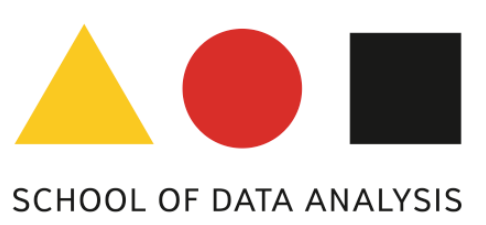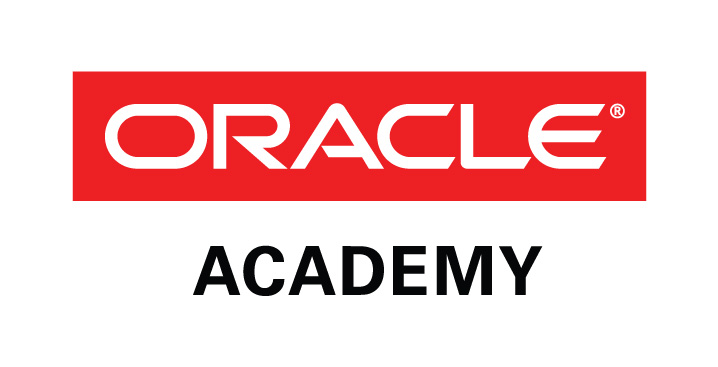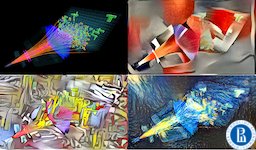The Fourth Machine Learning summer school organised by Yandex School of Data Analysis, Laboratory of Methods for Big Data Analysis of National Research University Higher School of Economics and University of Oxford will be held in Oxford, UK from 6 to 12 August 2018.
The school will cover the relatively young area of data analysis and computational research that has started to emerge in High Energy Physics (HEP). It is known by several names including “Multivariate Analysis”, “Neural Networks”, “Classification/Clusterization techniques”. In more generic terms, these techniques belong to the field of “Machine Learning”, which is an area that is based on research performed in Statistics and has received a lot of attention from the Data Science community.
There are plenty of essential problems in high energy physics that can be solved using Machine Learning methods. These vary from online data filtering and reconstruction to offline data analysis.
Students of the school will receive a theoretical and practical introduction to this new field and will be able to apply acquired knowledge to solve their own problems. Topics ranging from decision trees to deep learning and hyperparameter optimisation will be covered with concrete examples and hands-on tutorials. A special data-science competition will be organised within the school to allow participants to get better feeling of real-life ML applications scenarios.
Expected number of students for the school is 50-60 people. The school is aimed at PhD students and postdoctoral researchers, but also open to masters students.
Pre-requisites for participation
- Python programming experience (e.g. http://nbviewer.jupyter.org/gist/rpmuller/5920182, https://www.codecademy.com/tracks/python)
- interest and/or background in HEP
- laptop with WiFi connectivity
Upon completion of the school participants would be able to
- formulate a HEP-related problem in ML-friendly terms;
- select quality criteria for a given problem;
- understand and apply principles of widely-used classification models (e.g. boosting, bagging, BDT, neural networks, etc) to practical cases;
- optimise features and parameters of a given model in efficient way under given restrictions;
- select the best classifier implementation amongst a variety of ML libraries (scikit-learn, xgboost, deep learning libraries, etc);
- understand and apply principles of generative model design;
- define & conduct reproducible data-driven experiments.
School competition
Details on the school Machine Learning competition are provided on the dedicated page.
School materials
School materials are available on github.
Join the Telegram chat via this link.
Organisers
 |
 |
Partners
 |
 |
 |
Sponsors
We can provide a bit of subsidy for students who are not able to afford the full registration fee out of their own funds. Make sure you apply before the early registration deadline. See registration fee page for details.
 |
 |
INSIGHTS is funded by the European Union’s Horizon 2020 research and innovation programme,
call H2020-MSCA-ITN-2017, under Grant Agreement n. 765710 |
